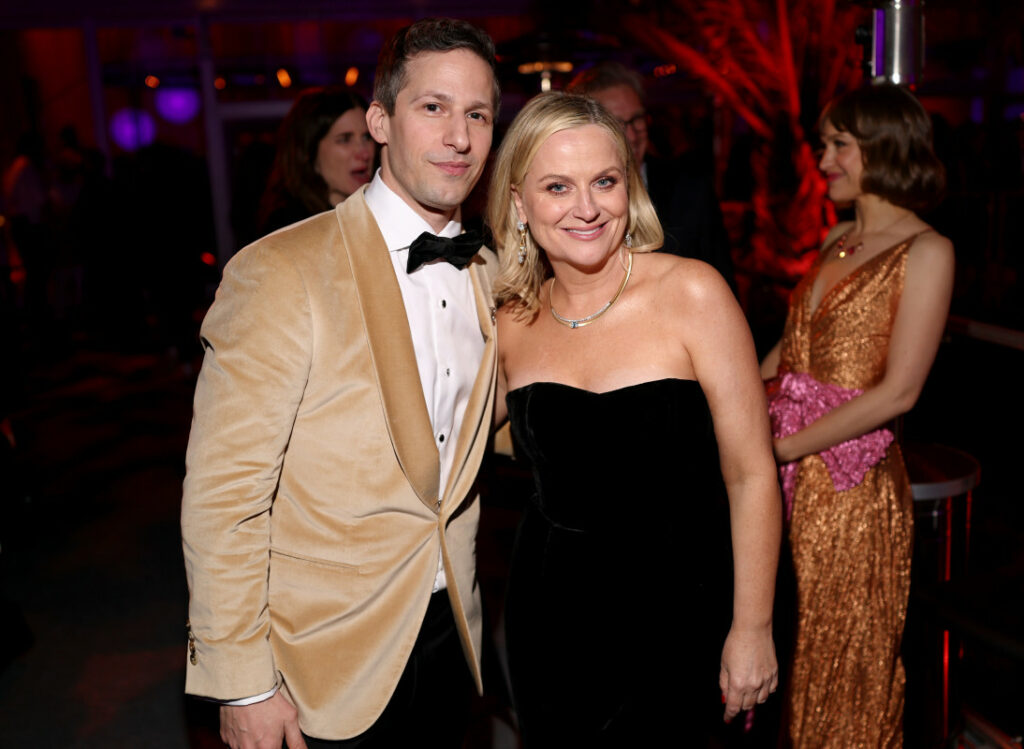Ahead of the 2016 US presidential election, opinion polls predicted a win for Hillary Clinton. She misplaced, and the polling business went by means of certainly one of its common spasms of self-criticism and supposed reform. Alas, it didn’t vote itself totally out of existence. France and Spain ban the publication of opinion polls within the days main as much as an election, however we should always go one higher and ban their publication at any time.
Little doubt it provides a lot to the gaiety of the British nation to see the Conservative occasion slip to 3rd or fourth within the polls, however any ballot asking who you’ll vote for if there have been a Westminster election tomorrow, held at a time when there virtually definitely is not going to be an election for one more 4 years, is meaningless as a information to the make-up of the subsequent Parliament.
If polls have been merely ineffective that will be no motive to ban them, although. A greater motive is that they’re actively dangerous: a species of misinformation that pollutes the general public sphere.
One basic downside, recognised way back, is that there is no such thing as a such factor as “the general public”, regarded as a hive thoughts with a single homogeneous view. To report the outcomes of any ballot as “the British public thinks…” is just a falsehood, besides maybe within the unlikely circumstance that totally 100% of respondents agree on some level. There may be, for a similar motive, no such factor as “the desire of the British individuals”, a spectre conjured into being solely when one thing very doubtful is being proposed.
So what’s it precisely that opinion polls measure? A random pattern, hopefully statistically dependable, of differing and irreconcilable opinions. Not knowledgeable opinions solely, after all, but in addition the opinions of conspiracy theorists, the news-phobic and the merely deranged. By such a scientific operation we could uncover the dear truths {that a} third of Conservative voters would want to see Nigel Farage as prime minister, whereas 7% of American males imagine they may beat a grizzly bear in unarmed fight.
A deeper query is whether or not polls truly create, in entire or partly, what they purport to be revealing. Does everybody go round with settled, reasoned views on each hot-button concern of the day, simply ready to be revealed by a questioning pollster? The reply was clear to the American journalist Walter Lippmann in his 1922 ebook Public Opinion. It’s unrealistic, he argued, to anticipate individuals to have the ability to type “sound public opinions on the entire enterprise of presidency”, and so they shouldn’t truly must. “This can be very uncertain whether or not many people would … take the time to type an opinion on ‘any and each type of social motion’ which impacts us.”
The act of asking a query, although, heightens the significance of the topic within the thoughts of the questionee, creating an urge to have one’s say the place there would possibly beforehand have been neither urge nor say in any respect. As Walter Bagehot, the Nineteenth-century political theorist and editor of the Economist, as soon as noticed: “It has been mentioned that should you can solely get a middle-class Englishman to assume whether or not there are ‘snails in Sirius’, he’ll quickly have an opinion on it.” As if to show him proper, in 1980 a 3rd of American respondents helpfully supplied their view on whether or not the “1975 Public Affairs Act” ought to be repealed, despite the fact that that laws didn’t truly exist.
The best way you ask the query, furthermore, can profoundly affect the result. A 1989 research by the American social scientist Kenneth A Rasinski discovered that various verbal framings of political points modified the result: “Extra help was discovered for halting crime than for regulation enforcement, for coping with drug dependancy than for drug rehabilitation, and for help to the poor than for welfare.” Different such experiments have proven that the order of questioning additionally issues, that People categorical extra help for presidency surveillance if terrorism is talked about within the query, and that just about twice as many individuals assume that the federal government “shouldn’t forbid speeches towards democracy” than it “ought to enable speeches towards democracy”, although the choices are precisely equal.
Trendy opinion polls, then, are a part of the equipment behind the “manufacture of consent”, a phrase initially coined by Lippmann to explain the propaganda operations of politicians and the press. It’s no accident, in spite of everything, that George Gallup had been an promoting man, with the Madison Avenue agency Younger & Rubicam, earlier than he helped to pioneer the strategies of systematic opinion polling by borrowing from market analysis and PR. In 1936, Gallup and his colleagues appropriately predicted the election of Franklin D Roosevelt, proving the old school forecasting strategies outdated. Utilizing the “new instrument” of polling, he declared fortunately in 1938, “the desire of nearly all of residents may be ascertained always”. This was, after all, partly by means of promoting his personal business curiosity as founder, in 1935, of the American Institute of Public Opinion (Gallup Ballot). His fellow pollster Elmo Roper described their nascent business as “a veritable goldmine”.
Worthwhile it might be, however the fixed drizzle of polling additionally incentivises short-term, knee-jerk decision-making by governments. A frontrunner could make a hasty coverage change merely in response to a ballot, after which if the polling improves, take that as proof that the brand new coverage is appropriate. Keir Starmer was little doubt cheered when, following his Enoch Powell-adjacent speech on immigration in Could, polling discovered that “extra Britons 1753090294 imagine that the federal government desires to scale back internet migration”. However a coverage designed to therapeutic massage approval rankings over the course of weeks will not be at all times going to be the identical as a superb coverage that can final years.
It will be invidious in spite of everything this to not point out one consideration that strongly favours opinion polls, which is that they supply a gradual stream of pseudo-news to the media. If every day didn’t deliver a brand new revelation concerning the imaginary public’s confected opinion on one or one other concern, there can be a lot much less for information programmes to report on. And what would all of us do then?
Additional studying
Public Opinion by Walter Lippmann (Wilder, £7.49)
Manufacturing Consent by Edward S Herman and Noam Chomsky (Classic, £12.99)
Lies, Rattling Lies, and Statistics by Michael Wheeler (WW Norton & Firm, £13.99)


